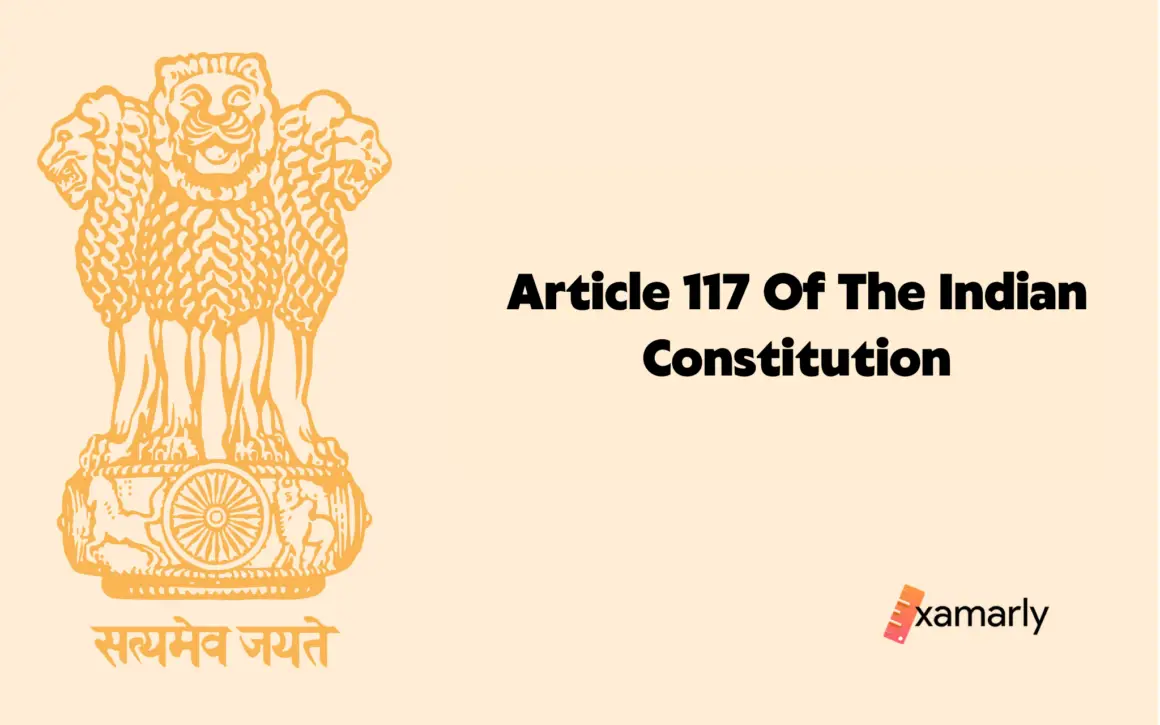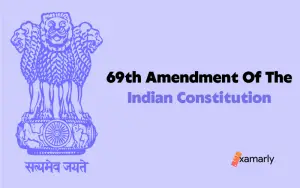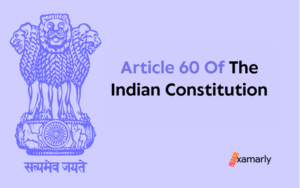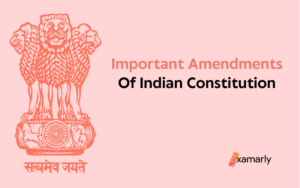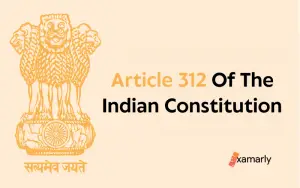Article 117 of the Indian Constitution talks about the major aspects related to the addressing of financial bills in the Lok Sabha and The Rajya Sabha. It talks about the authority of the President related to the introduction and the movement of a financial bill.
This article will also reflect on the basic definition of a financial bill and what parameters are to be considered while considering a bill as a financial bill.
We will understand Article 117 of the Indian Constitution in detail by analyzing each and every clause present in the aforementioned Article.
Article 117 Of The Indian Constitution – In Detail
Clause 1 – As it is & Explained
117. Special provisions as to financial Bills
(1) A Bill or amendment making provision for any of the matters specified in sub clauses (a) to (f) of clause ( 1 ) of article 110 shall not be introduced or moved except on the recommendation of the President and a Bill making such provision shall not be introduced in the Council of States: Provided that no recommendation shall be required under this clause for the moving of an amendment making provision for the reduction or abolition of any tax
The first clause of Article 117 of the Indian Constitution says that any bill or amendment that deals with any of the things listed in subclauses (a) through (f) of clause (1) of Article 110 cannot be introduced or moved without President’s approval. The President has to approve in this particular scenario.
A bill that deals with any of these things cannot be presented in the Council of States (that is the Rajya Sabha). It also says that as long as this clause is followed, no suggestion is needed to bring up an amendment that would lower or get rid of a tax.
Clause 2 – As it is & Explained
(2) A Bill or amendment shall not be deemed to make provision for any of the matters aforesaid by reason only that it provides for the imposition of fines or other pecuniary penalties, or for the demand or payment of fees for licences or fees for services rendered, or by reason that it provides for the imposition, abolition, remission, alteration or regulation of any tax by any local authority or body for local purposes
(2) A bill or an amendment shall not be considered to make provision for any of the matters listed above solely because it provides for the imposition of fines or other monetary penalties, or for the demand or payment of fees for licences or fees for services rendered.
It will also not be considered if it provides for the imposition, abolition, remission, alteration, or regulation of any tax by any local authority or body for local purposes.
Clause 3 – As it is & Explained
(3) A Bill which, if enacted and brought into operation, would involve expenditure from the consolidated Fund of India shall not be passed by either House of Parliament unless the President has recommended to that House the consideration of the Bill Procedure Generally
The third clause of Article 117 of the Indian Constitution says that no Bill that when coming into effect will require a sum that has to be taken out from the Consolidated Fund Of India, shall be passed either by Lok Sabha or the Rajya Sabha.
It can only be passed from a House if the President has recommended the Bill Procedure to that particular House.
Summing Up
We can conclude from Article 117 of the Indian Constitution that The President has the final authority on the Bill that involves the sum that has to be taken out from the Consolidated Fund Of India.
We also got to know that not every bill that involves a monetary transaction can be considered the Finance Bill. It has some parameters to fulfill and only after that it can be considered one.
The last and major point to note also is that Rajya Sabha has no power in putting up recommendations on the Money Bill.


